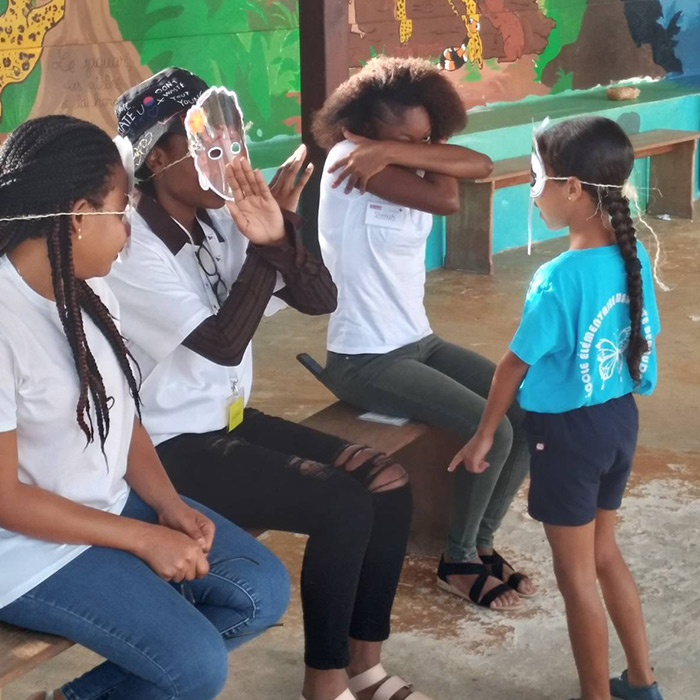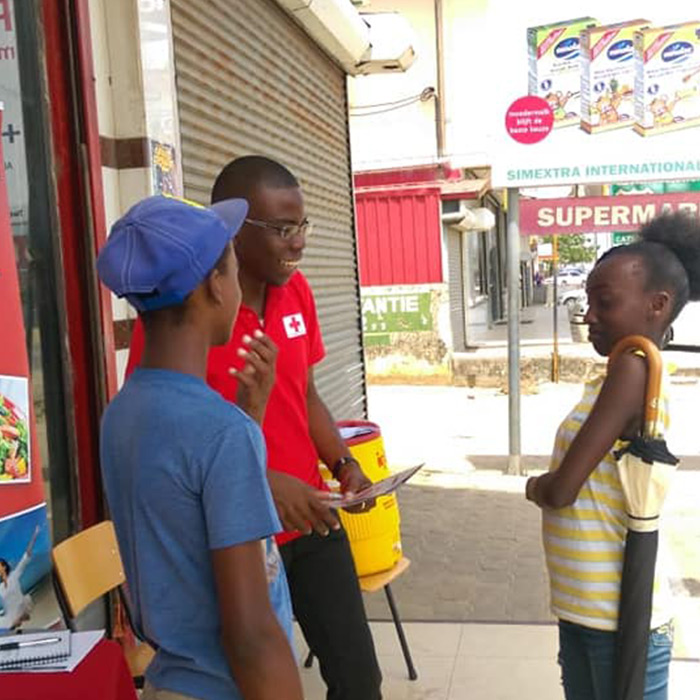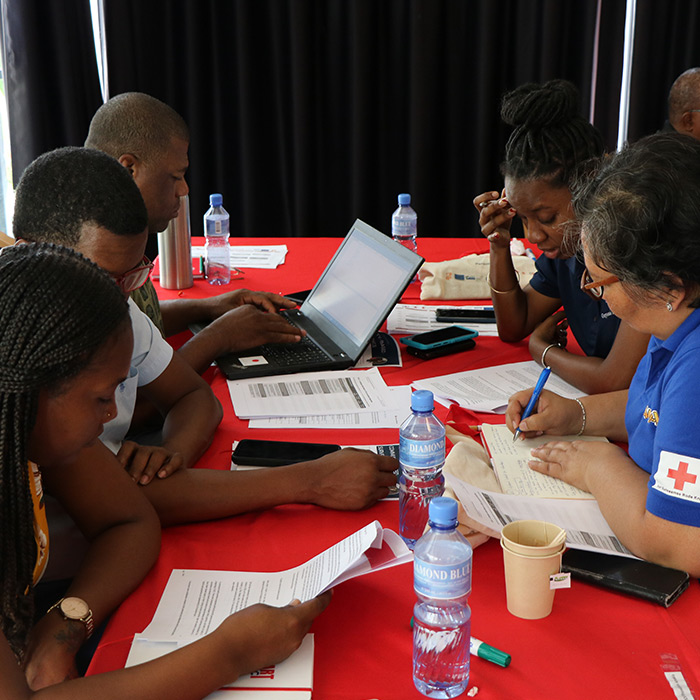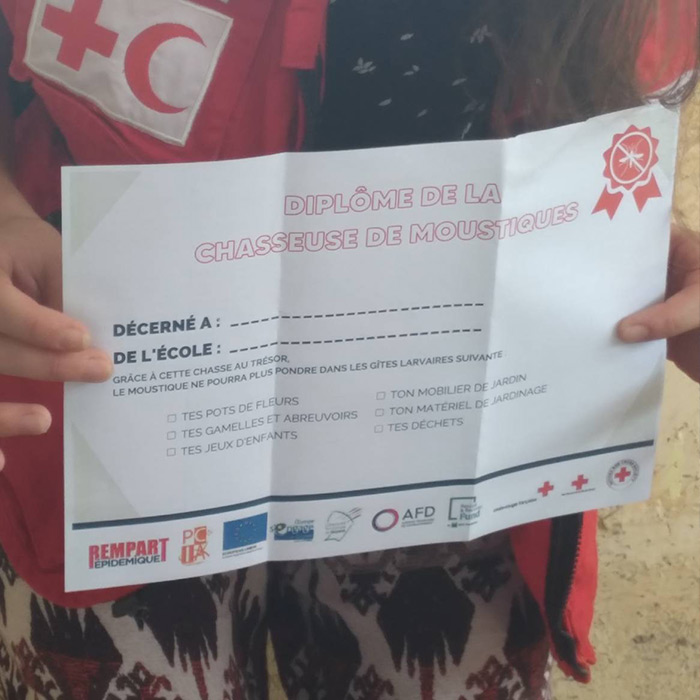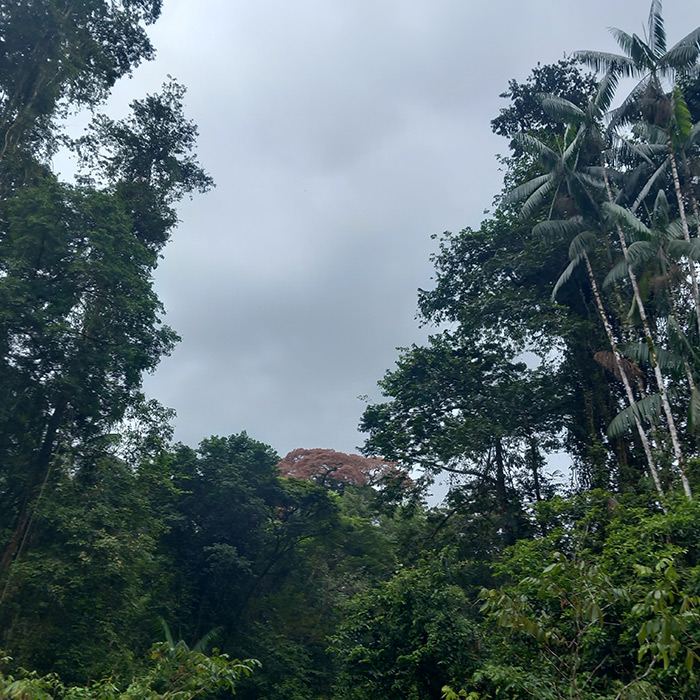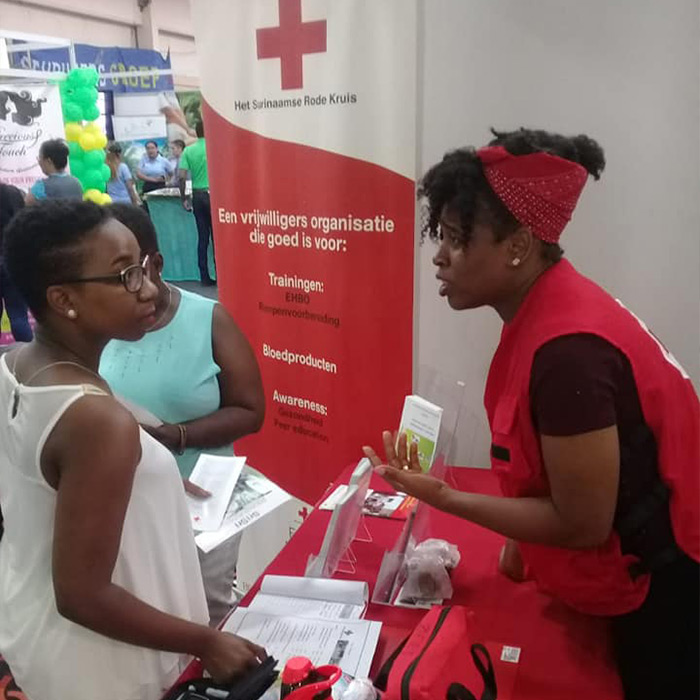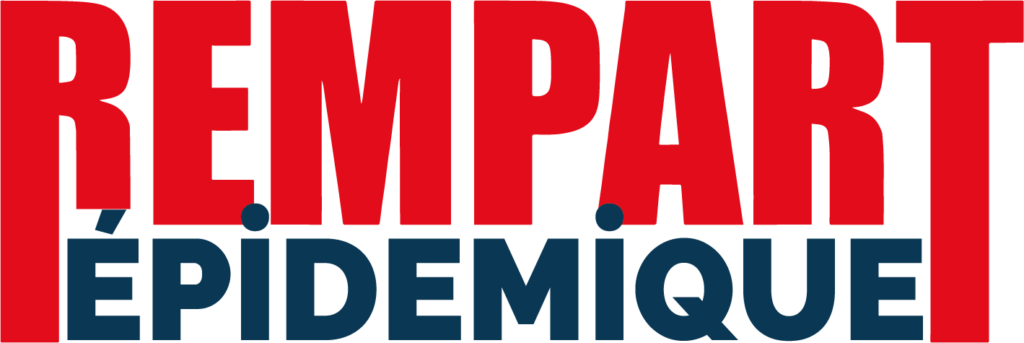Our 2nd webinar will start in :
- 00Days
- 00Hours
- 00Minutes
- 00Sec.
UNITED STATES
ONE HEALTH APPROACH IN NORTH AMERICA
One Health Institute in the United States
(Community for Emerging and Zoonotic Diseases/Communauté des maladies émergentes et zoonotiques)
Working at the interface of wildlife, people, and the environment to solve complex problems that impact health and conservation
The One Health Institute was born from the UC Davis School of Veterinary Medicine’s deep commitment to the One Health approach. The Institute houses several centers, including the Karen C. Drayer Wildlife Health Center. Its goal is to improve the health of animals and people and protect the environment according to the One Health approach, which recognizes that everything is inextricably linked.
We now know that climate change, human population growth, and intensive land use have led to the emergence and spread of pathogens. To meet this challenge, agronomists, anthropologists, economists, educators, engineers, entomologists, epidemiologists, hydrologists, microbiologists, nutritionists, physicians, public health professionals, sociologists, and veterinarians work collaboratively.

The One Health Institute has initiated numerous programs, projects, and initiatives worldwide. In 2020,the EpiCenter for Emerging Infectious Disease Intelligence (a member of the CREID network) was created to prepare and respond to infectious diseases in the forest regions of the Congo and Amazon basins. The multidisciplinary team focuses on arboviruses, filoviruses, and coronaviruses, as well as emerging new threats.
3
Countries
1
Dialogue platform
6
Objectives
THE ACTIVITIES
Address the complexity of health problems according to the One Health approach
Train students in the One Health approach
THE OBJECTIVES
Objective #1
Implementation of the USAID One Health Workforce - Next Generation (OHW-NG) and PREDICT projects in Africa and Southeast Asia to strengthen surveillance and promote more effective control of emerging infectious diseases
Objective #2
Creation of various initiatives to: prepare for and respond to disasters (Wildlife Disaster Network; Oiled Wildlife Care Network; Veterinary Emergency Response Team; California Veterinary Emergency Team) and Combat existing problems (e.g., Crimean-Congo Hemorrhagic Fever Virus Ecology, Detection and Modeling Project)
Objective #3
As part of the Pandemic Intelligence project, collaboration within the EpiCenter for Disease Dynamics of researchers, government agencies and other stakeholders from around the world to combat emerging infectious diseases and wildlife health issues (EpiCenter for EID Intelligence, Pathogen Plasticity Project, NSF Predictive Intelligence for Pandemic Prevention projects)
Objective #4
University teaching at the Institute according to the 'One Health' approach (pathology, epidemiology, ecology, genetics, pharmacology, toxicology, veterinary sciences...)
Objective #5
Scholarship and internship system
Objective N°6
Proposal of research positions and residences
Objective N°7
Organization of annual 'One Health' symposiums
Main lessons learned
and best practices
Collaborate well
The importance of collaboration between interdisciplinary sectors such as public and environmental health, as well as veterinarians, in the control of zoonotic diseases.
Prepare for success
To succeed, One Health needs both a top-down and bottom-up approach. It is not only the formal system of government that is needed, but also individuals in their various disciplines at the field level who can change their ways to make it work.
Knowing how to raise awareness among the major players
One Health awareness plays a major role in reinforcing the important role of veterinarians and family physicians in the fight against zoonotic diseases.
Establish a network
Importance of lobbying key ministries and establishing interdepartmental collaboration.
Establish a good synergy
The importance of establishing good working relationships between government veterinary services and national planning and environmental protection agencies.
Communicate well
Use the full potential and effectiveness of the distribution channels.
RESULTS
ABOUT THE PROJECT "ONE HEALTH, ONE CARRIBEAN, ONE LOVE"
12 national One Health community projects were created, developed and implemented by national One Health networks.
2
One Health Webinars
8
Promotional videos and
20
Training videos.
300
Hard copies of the book “Caribbean resilience and prosperity through One Health” distributed to key One Health stakeholders in the Caribbean.
Strengthening the capacity and skills of veterinary diagnostic laboratories throughout the region through training in quality assurance and biosecurity, proficiency testing, and the introduction of new molecular diagnostic techniques in laboratories.
11
Laboratory technicians trained in quality assurance (QA) and biosafety.
7
Veterinary diagnostic laboratory technicians from Guyana, Suriname and Trinidad and Tobago were trained in real-time molecular PCR technology.
7
National diagnostic laboratories participated in a proficiency testing exercise.
